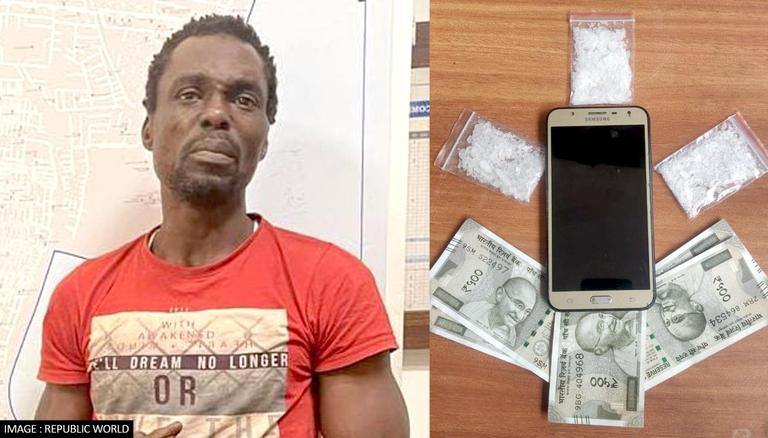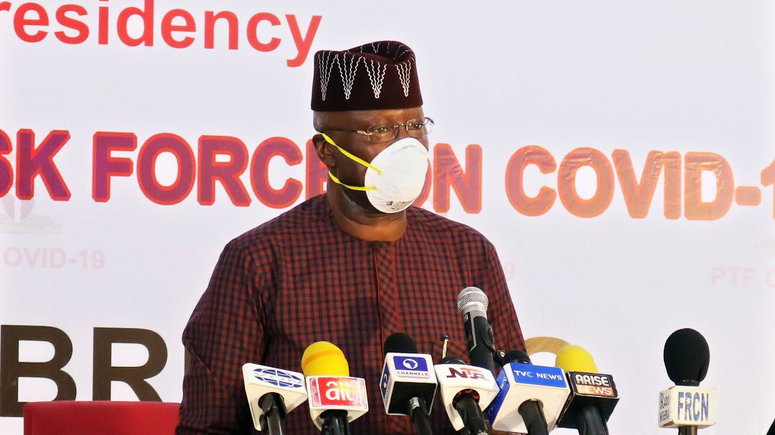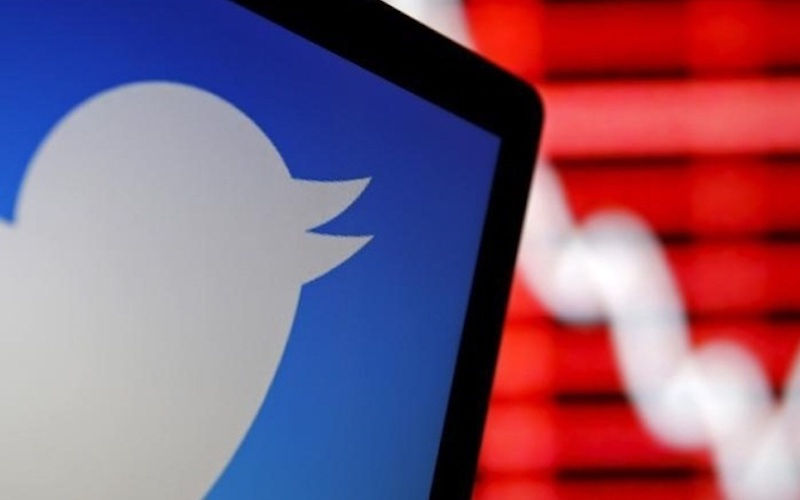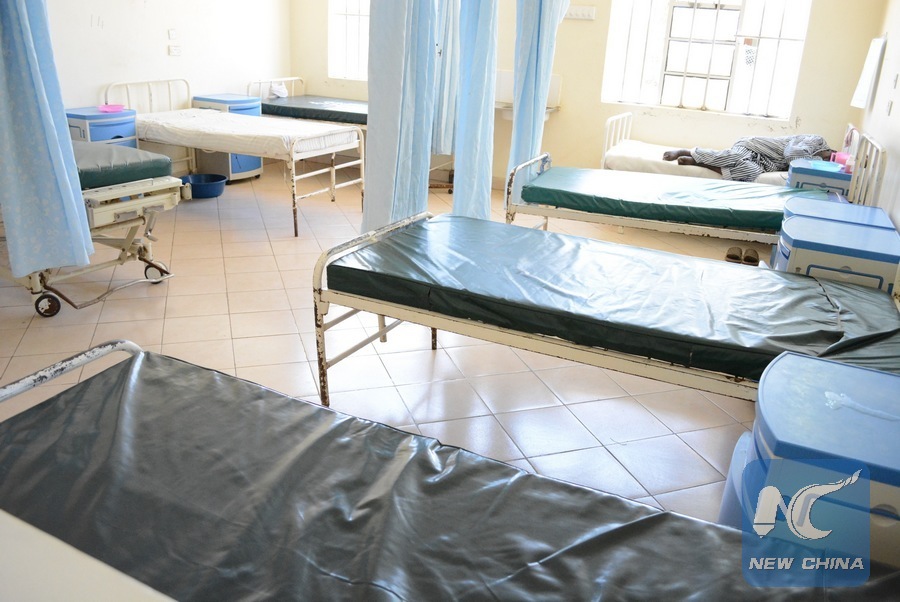The Presidential Steering Committee (PSC) on COVID-19 has extended the ban on flights from Brazil, Turkey and India by four weeks.
Speaking at the national briefing in Abuja on Monday, the Chairman, PSC on COVID-19, Mr Boss Mustapha, said “a few weeks ago, we announced additional measures to be met by passengers arriving from Brazil, Turkey and India.
”This action was due to the prevalence of variants of concern and the dangers associated with importation of the such virulent strain.
Recall that as of May 2021, the PSC banned incoming flights from Brazil, India and Turkey, noting that anyone who had been in those three countries within 14 days of their intended arrival date in Nigeria would be barred from entering the country.
According to Mustapha, the PSC has been reviewing these restrictions and is of the opinion that they should remain for another four weeks before it is further reviewed.
”South Africa has, however, been added to this category once more.”
Mustapha, who is also the Secretary to the Government of the Federation (SGF), disclosed that South Africa, Zambia, Rwanda, Namibia and Uganda were being monitored as the COVID-19 cases were increasing there.
“In addition to these three countries, the PSC has also shifted its focus on some African countries.
”South Africa, Zambia, Rwanda, Namibia and Uganda fall in this category.
“South Africa for example, recorded over 100,000 cases in the last one week while 20,000 was recorded in the last 24 hours.
”The four major variants of concern are now classified as Alpha (UK), Beta (SA); Gamma (Brazil) and Delta (India).
”The Delta variant which has wreaked devastating havoc, is not yet found in Nigeria hence the need to tighten our borders and be more vigilant,” the SGF said.
He said that about six months ago, following the violation of the COVID-19 protocols by some inbound passengers to Nigeria, their travel documents were barred for a period of six months.
“We have received several appeals from those affected while we counselled on the importance of compliance with rules and regulations.
”The six-month period of ban for the first batch of 100 is almost complete and we use this opportunity to reassure Nigerians that sanctions will be imposed on violators of measures put in place to protect them and safeguard our nation.
”For over six months, federal government employees on GL 12 and below have been observing work-from-home instructions.
”This restriction remains in place until further notice in order to avert a third wave,” Mustapha added.







